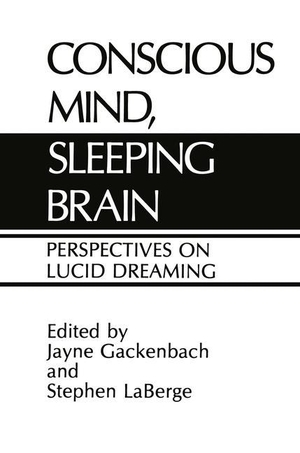Für statistische Zwecke und um bestmögliche Funktionalität zu bieten, speichert diese Website Cookies auf Ihrem Gerät. Das Speichern von Cookies kann in den Browser-Einstellungen deaktiviert werden. Wenn Sie die Website weiter nutzen, stimmen Sie der Verwendung von Cookies zu.
Cookie akzeptieren
Conscious Mind, Sleeping Brain
- Springer US
- 2012
- Taschenbuch
- 468 Seiten
- ISBN 9781475704259
A conscious mind in a sleeping brain: the title of this book provides a vivid image of the phenomenon of lucid dreaming, in which dreamers are consciously aware that they are dreaming while they seem to be soundly asleep. Lucid dreamers could be said to be awake to their inner worlds while they are asleep to the external world. Of the many questions that this singular phenomenon may raise, two are foremost: What is consciousness? And what is sleep? Although we cannot pro vide complete answers to either question here, we can at least explain the sense in which we are using the two terms. We
Mehr
Weniger
zzgl. Versand
in Kürze